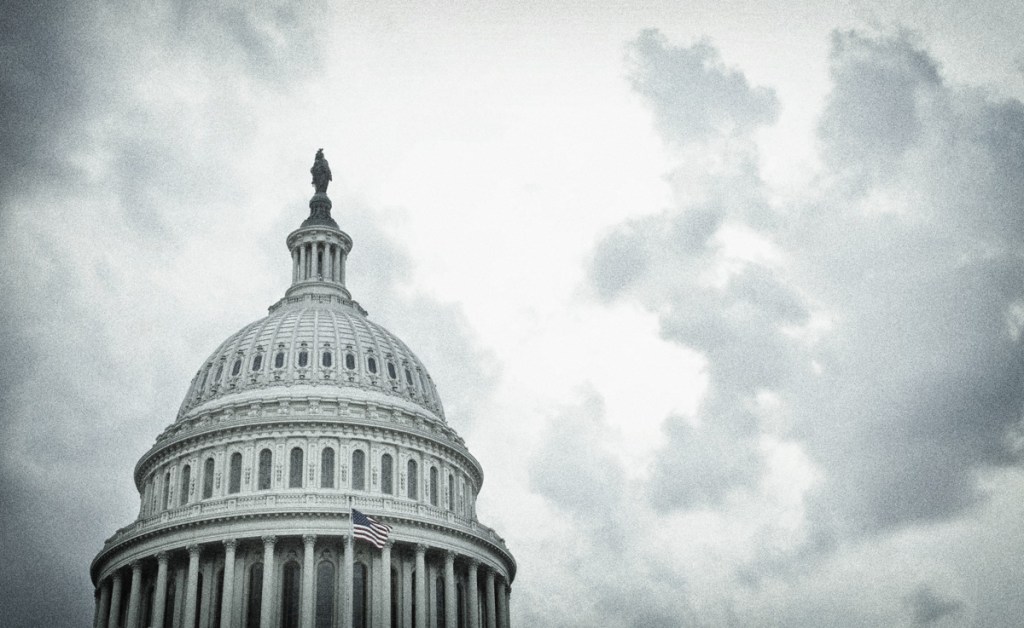Failure to provide additional legislative support to an economy reeling from COVID-19 will worsen the inequality that has led to mass protests in America in recent weeks, lead to more small-business failures, and extend the recession, Federal Reserve Chairman Jerome Powell told the Senate Banking Committee on Tuesday.
Powell said he wouldn’t comment on whether or not specific programs should be enacted or extended, including the beefed-up unemployment benefits scheduled to expire at the end of next month. But he did say more help was needed from Congress.
“If a small or medium-sized business becomes insolvent because the economy recovers too slowly, we lose more than just that business,” Powell said. “The small businesses of America, that’s where the jobs are created on net, and while there are people going in and out of business all the time, what you don’t want is a wave of insolvency that will weigh on the economy for years.”
Senate Majority Leader Mitch McConnell (R-KY) said on May 31 a “fourth and final bill” aimed at supporting the nation during the COVID-19 pandemic is being looked at by Republicans and a decision on whether to go forward will be made by the end of this month. Any measures McConnell approves are unlikely to extend the enhanced unemployment benefits aimed at fully replacing salaries for people who are unemployed because of the nation’s health crisis.
In May, the House of Representatives passed the Heroes Act that extends the beefed-up jobless benefits through January and provides almost $1 trillion in relief to state and local governments overwhelmed with the costs of battling COVID-19.
“We don’t take positions on particular aspects of fiscal policy, but I would say this: There are going to be a lot of people going back to work in coming months, but there are going to be a lot of people who can’t,” Powell told senators.
“If they work in Nevada, for example, in the travel and entertainment industry, there aren’t going to be jobs,” he said. “So, it’s going to be awhile. I think some form of support for those people going forward, in my view, is likely to be appropriate.”
During the prepared part of his testimony, Powell acknowledged “the tragic events that have again put a spotlight on the pain of racial injustice in this country,” referring to the nationwide protests following the killing of Black Americans by police.
“Minorities are substantially overrepresented in the unemployed,” Powell said, responding to a question from Sen. Doug Jones (D-AL) “Something like 25 million people have had their employment disrupted as a consequence of the pandemic, and in that group minorities are very much overrepresented, so all measures that help that group help them, and all measures that don’t them make life tougher for them.”
Powell’s testimony on Tuesday, provided remotely via video call, was the first of two consecutive days of testifying to Congress, biannual events aimed at updating lawmakers on monetary policy and the state of the economy. On Wednesday, he will speak in front of the House Committee on Financial Services.






